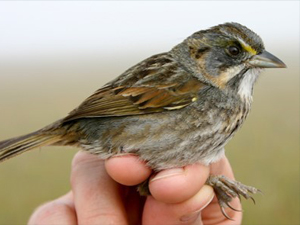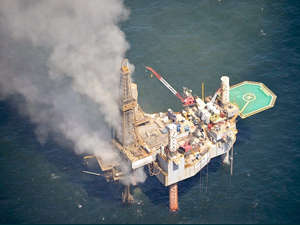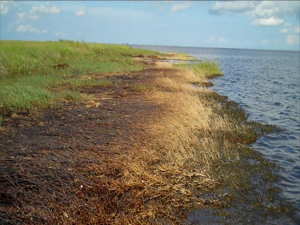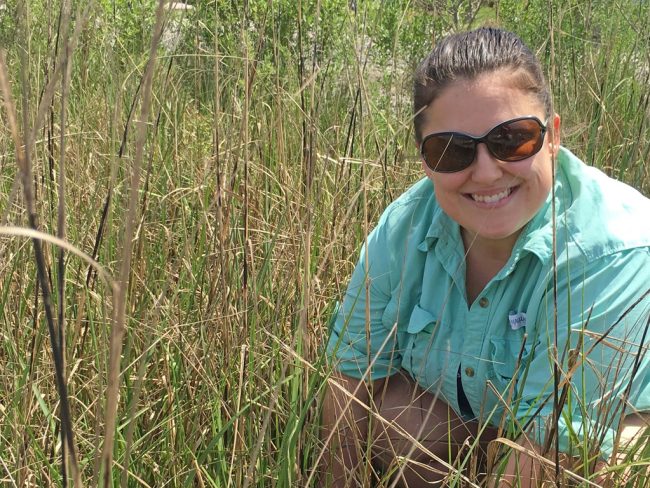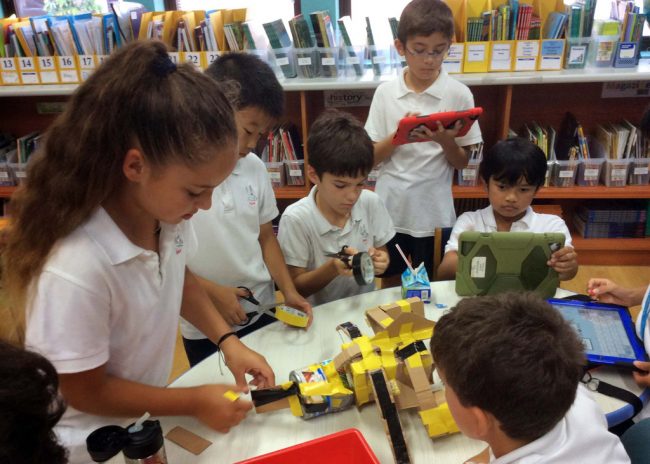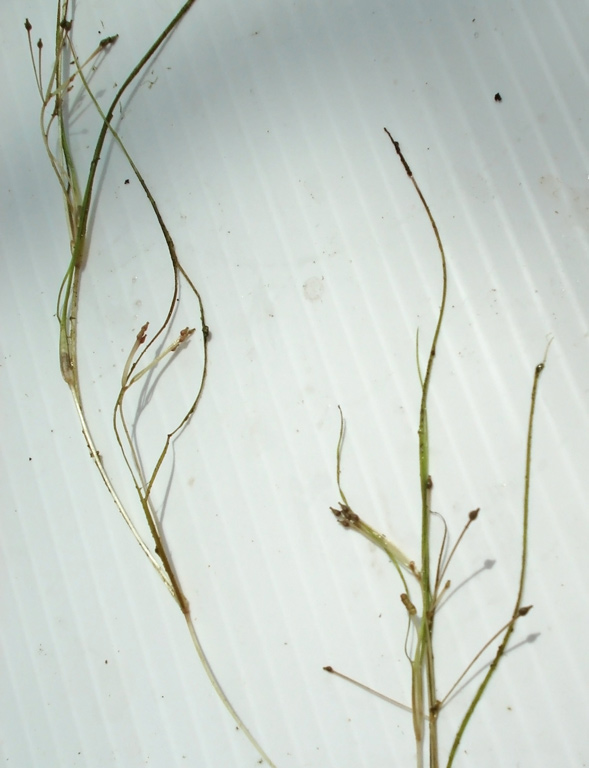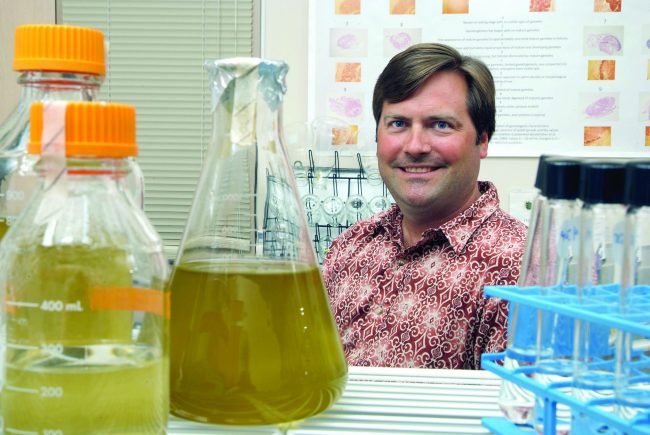Study Finds Seaside Sparrows Change Food Sources in Response to Environmental Stressors
Researchers analyzed the resource use of Seaside Sparrows residing in salt marshes impacted by large-scale disturbances like Deepwater Horizon and Hurricane Isaac to understand the effects on these indicators of ecological change.

